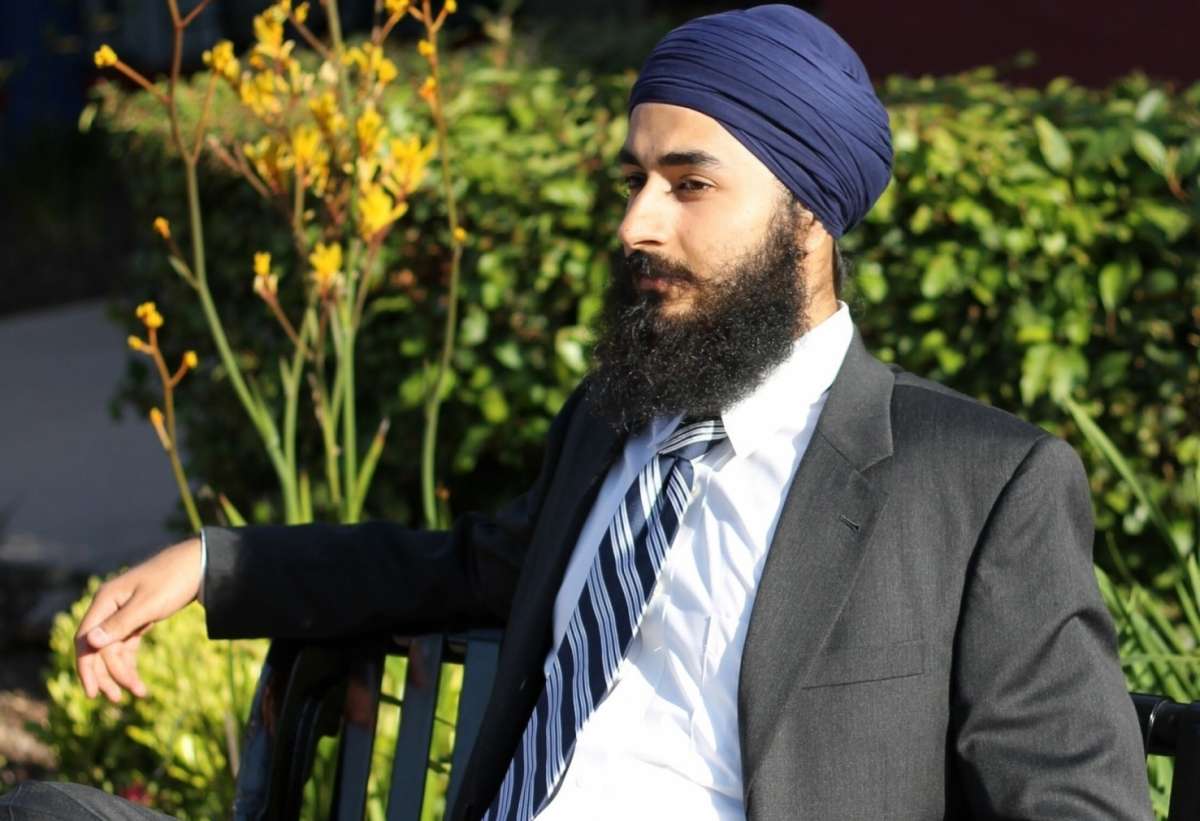Randeep Hothi had filed a defamation case against Musk in 2020, alleging that the billionaire businessman falsely accused him of actively harassing and “almost killing” Tesla employees.
Tesla CEO Elon Musk has agreed to pay $10,000 to settle a defamation case brought against him by Indian-American Sikh critic and independent researcher, Randeep Hothi.
Hothi, a doctoral student in Asian Languages and Cultures at the University of Michigan, had filed a defamation case against Musk in 2020, alleging that the billionaire businessman falsely accused him of actively harassing and “almost killing” Tesla employees.
Following a lengthy and hard-fought litigation, in March 2023, Musk asked Hothi to settle the case.
“This case was about taking a stand, not seeking fame or money. I feel vindicated,” said Hothi, announcing that he accepted Musk’s settlement offer in a statement.
“I brought this case to defend my work, clear my name, and send a message… I believe I’ve accomplished that, thanks in no small part to Musk, whose own behaviour over the last year has highlighted the need to scrutinise his every word and deed.”
D. Gill Sperlein, one of Hothi’s lawyers, said: “Last year, Musk famously promised that he would never ‘settle an unjust case’. Yet, he has asked Hothi to accommodate him. We welcome Musk’s belated acknowledgment that this case was just.”
Hothi locked horns with Tesla after he created the @skabooshka Twitter account where he fact-checked Musk and his company’s published claims regarding the electric vehicle manufacturer’s automation, technology and production processes.

Beginning in 2018, Hothi, donning the role of a social activist, observed Tesla’s production at its Fremont, California-based factory.
He also documented the construction of Tesla’s Model 3 assembly line tent, sharing photos of his Twitter followers.
In April 2019, Tesla sought a restraining order against Hothi, alleging that the latter struck an employee with his car in a Tesla factory parking lot — an accusation that Hothi vehemently denied.
When Hothi and his legal team successfully obtained a court order requiring Tesla to hand over video evidence of the alleged encounter, Tesla abruptly dropped its lawsuit in July 2019.
Yet the following month, Musk e-mailed a reporter accusing Hothi of “actively harassing” and “almost kill(ing)” Tesla employees.
That remark was later published and amplified to hundreds of thousands of people on Twitter.
Musk’s accusations prompted an outpouring of public support for Hothi, including from whistleblowers, researchers, journalists, and critics.
In August 2020, represented by Sperlein, Hothi filed a defamation lawsuit against Musk based on his remarks.
Musk attempted to dispose of the case by arguing that his accusations were protected speech, and hence should be dismissed under California’s anti-SLAPP law.
In January 2021, the trial court rejected Musk’s arguments, holding that Hothi “has demonstrated the probability that he can succeed on the merits of his claim” because Musk’s remarks were tantamount to an accusation of crime, and thus legally constituted defamation per se.
Hothi accepted Musk’s settlement offer on April 30, and is expected to request dismissal of the case on May 1, pursuant to the terms of the settlement agreement.

